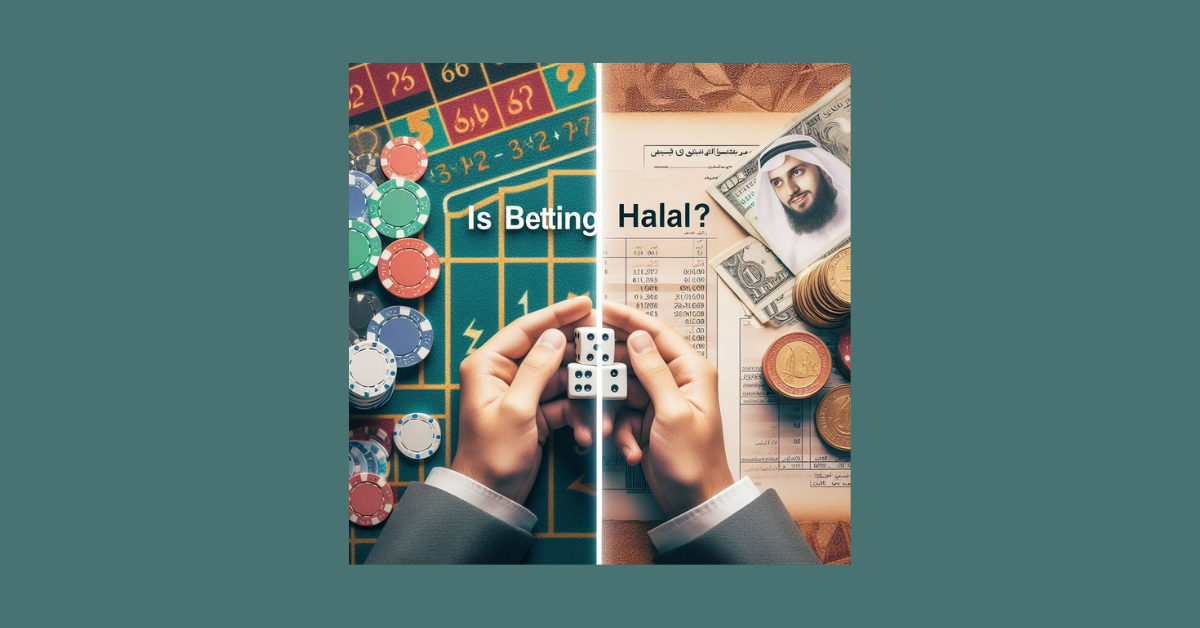Overview of Gambling in Islam
In Islam, gambling is considered a serious sin and is strictly prohibited. The act of gambling involves the exchange of money or valuables based on chance, and it is viewed as a form of deception and exploitation. Muslims are discouraged from participating in any form of gambling, whether it be through games of chance, sports betting, or any other activity that involves wagering money.
The dangers of gambling in Islam are not just financial, but also moral and social. It can lead to greed, dishonesty, and the neglect of family responsibilities. The negative consequences of gambling go against the principles of justice, fairness, and moderation that are central to Islamic teachings. Muslims are reminded to seek sustenance through lawful means and to avoid the temptations of quick and easy gains that gambling promises.
Islamic Perspective on Gambling
Gambling holds a unique position in Islam, being categorized as one of the major sins. The act of gambling is seen as a means of gaining wealth without putting in any real effort, which contradicts the values of hard work and earning a livelihood through legitimate means emphasized in Islam. Furthermore, gambling often leads to negative consequences such as greed, addiction, and financial ruin, making it detrimental not only to individuals but also to society as a whole.
In Islamic teachings, gambling is considered a tool of Shaytan (Satan) that creates enmity and hatred among people. It promotes dishonesty, cheating, and exploitation, which are all condemned in Islam. The Quran explicitly prohibits any form of gambling, stating that it is impure and a work of Satan. Muslims are urged to stay away from gambling and any related activities to preserve their integrity and uphold the principles of justice and fairness in their interactions with others.
Understanding the Concept of Halal and Haram in Islam
In Islam, the concept of halal (permissible) and haram (forbidden) plays a crucial role in guiding the daily lives of Muslims. The distinction between what is allowed and what is prohibited is based on the teachings of the Quran and the Hadith, the sayings and actions of the Prophet Muhammad. Muslims are encouraged to engage in activities that are deemed halal and to abstain from those that are considered haram.
Understanding the concept of halal and haram requires a deep comprehension of Islamic principles and values. Practicing Muslims are expected to adhere to the guidelines set forth by Islamic teachings in all aspects of life, including their choices regarding food, relationships, financial transactions, and societal interactions. By following the guidelines of halal and avoiding haram practices, Muslims strive to lead a life that is in accordance with the teachings of Islam and pleasing to Allah.
Prohibition of Gambling in Islamic Texts
Gambling is explicitly prohibited in Islam as stated in various Islamic texts. The Quran clearly denounces gambling as a sinful and harmful activity that leads to division and enmity among people. In Surah Al-Baqarah (2:219), Allah warns against the negative consequences of gambling and alcohol, saying they contain some benefit but their harm outweighs the good.
The Hadith of the Prophet Muhammad (peace be upon him) also emphasize the prohibition of gambling. In one famous narration, the Prophet declares, “Whoever says to his companion, ‘Come, let us gamble,’ must give in charity,” highlighting the seriousness of engaging in such activities. The ultimate goal is to protect individuals and society from the moral and financial harms associated with gambling, emphasizing the importance of adhering to Islamic principles in all aspects of life.
Rulings on Betting in Islamic Jurisprudence
In Islamic jurisprudence, the concept of betting is considered to be haram, meaning it is strictly prohibited. Scholars have interpreted various teachings from the Quran and Hadith that emphasize the negative consequences of gambling and betting. The underlying principle is to protect individuals and society from harm and promote justice and fairness in economic transactions.
Islamic jurists highlight that betting involves elements of uncertainty, deception, and exploitation, which go against the values of Islam. The detrimental effects of gambling on individuals, families, and communities are also taken into account when discussing the rulings on betting in Islamic law. As a result, Muslims are advised to steer clear of any form of betting or gambling activities to uphold their faith and moral principles.















